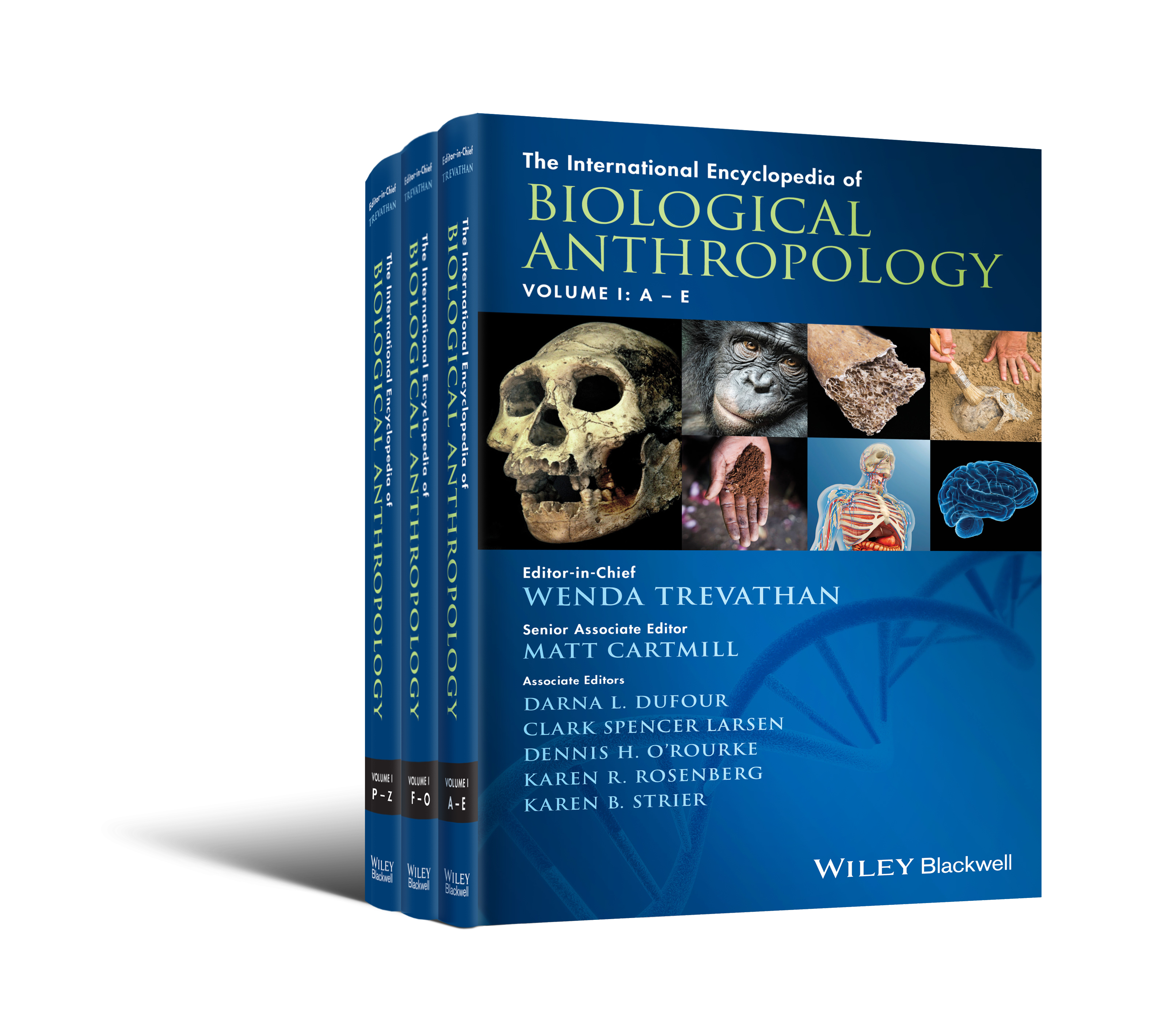Anthroponoses
Abstract
Anthroponoses are infectious organisms that cause pathogenic disease and are specifically spread from humans to other animal species. They pose a significant threat to the conservation of endangered species, particularly nonhuman primates that are genetically closely related to us, and usually immunologically-naive to our pathogens, and have protracted reproductive rates. A minimum of seven different pathogens have been confirmed using genetic analyses to have been transmitted from humans to wild primates, and the likely number of these transmission events is much higher. In the absence of education and regulation, the problem of anthroponoses will continue as a result of increased tourism, research, and environmental encroachment.



